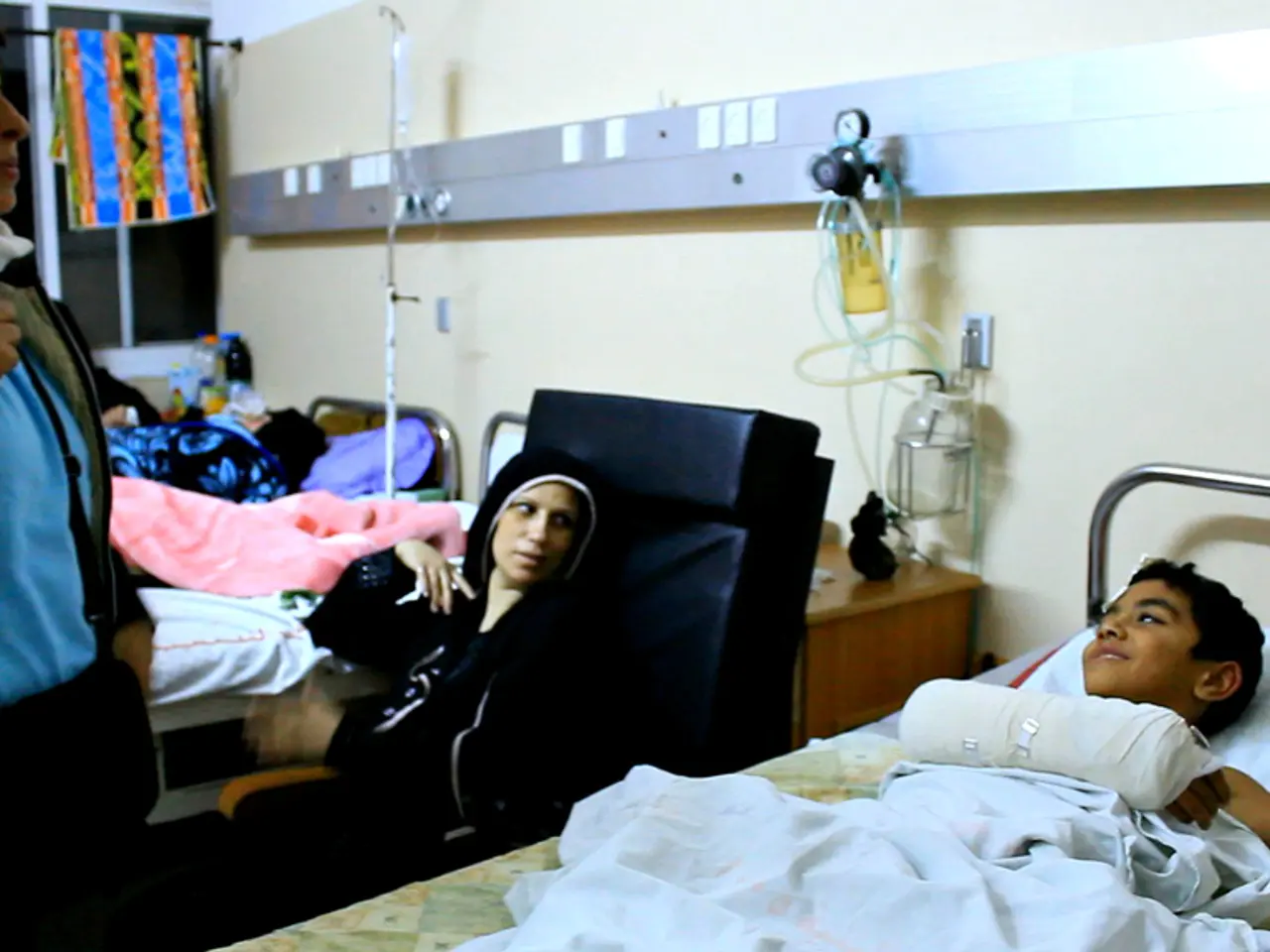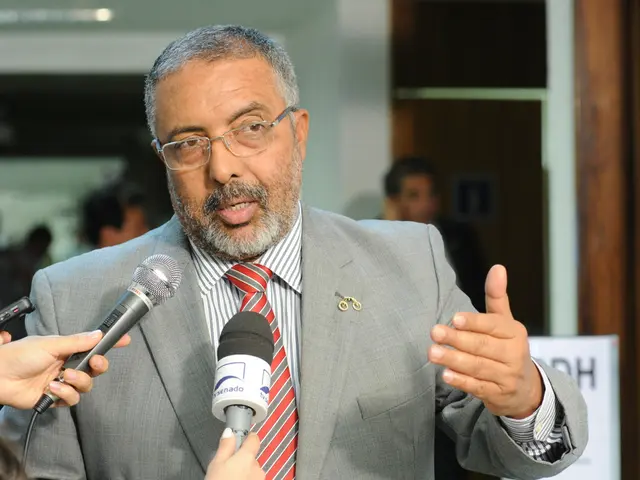Latvia's Finance Minister Warns: Healthcare Funding at 4% of GDP 'Nearly Impossible'
Latvia's Finance Minister Arvils Asheradens has warned that maintaining the current healthcare financing level of 4% of GDP is nearly impossible. He proposes compulsory health insurance to tackle the funding issue, but doctors demand more funds, and the government prioritizes military spending.
The minister revealed that an additional 300 million euros is needed to keep healthcare financing at the current level. However, there are no funds available, and the government's strategy of increasing military spending while reducing healthcare funding has raised concerns. Estonia, for instance, allocates 6.7% of GDP to healthcare, compared to Latvia's 4.6%, indicating that the problem lies in available funds rather than the model.
Doctors have demanded a 133 million euros increase, but the government has only allocated 34.5 million euros for healthcare. The defense budget, meanwhile, is set to increase to 4.6% in 2026 and 4.9% in 2027, further prioritizing military spending. The EU requires Latvia to allocate at least 6% of GDP for healthcare, but the country is currently ignoring this requirement. Notably, the defense budget for 2025 is 3.45% of GDP, which is more than the 300 million euros required for healthcare.
Latvia's healthcare financing is under strain, with an urgent need for additional funds. While the minister proposes compulsory health insurance, doctors demand more, and the government's focus on military spending raises questions about healthcare prioritization. The EU's requirement of at least 6% of GDP for healthcare remains unmet.
Read also:
- Weekly happenings at the German Federal Parliament (Bundestag)
- August 14 Updates: District of Columbia meeting, Alaska summit, Redistricting controversies, Emergency room issues, Homelessness predicament
- Intensifying humanitarian crisis in North Darfur, Sudan: Cholera and food shortages worsen the situation
- Sheffield Named Trailblazer for £300m Family Hubs Scheme








